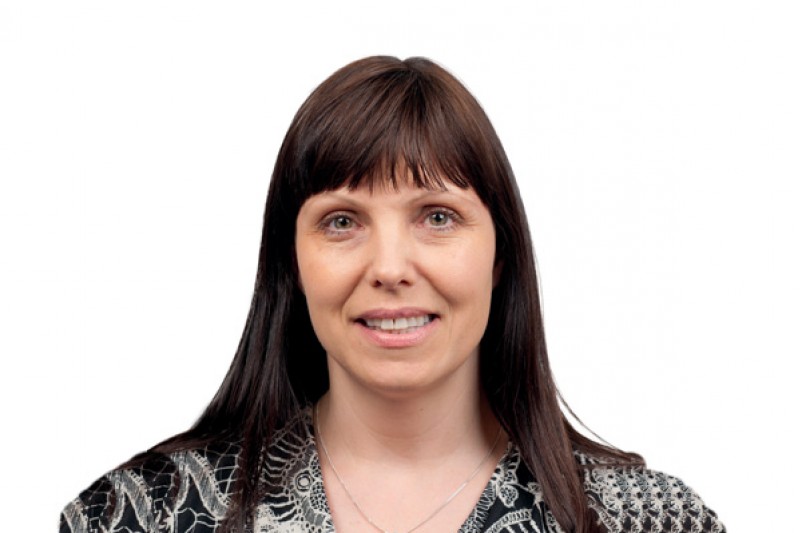Bournemouth University research has been featured in a report mapping women and girls’ health research in the Wessex region.
This report was commissioned by the Women’s Health Programme Boards of the respective Dorset and Hampshire and Isle of Wight Integrated Care Boards (ICBs).
It provides an insight into recent and current research being undertaken in the Wessex region in relation to women and girls, following the national and regional priority setting to meet women’s health needs.

The report investigates historical and current research in Wessex and spoke to researchers to hear their stories, the challenges they faced and implementation of their work.
The historical design of the health and care system has predominantly reflected male perspectives and priorities. This gender bias can lead to gaps in addressing women’s unique health challenges.
Professor Vanora Hundley, Professor of Midwifery at Bournemouth University, co-authored the report, which also highlights examples of BU research that has been undertaken across all four faculties.
This includes research at the Centre for Midwifery and Women’s Health which explored the effectiveness of women-centred approaches to support women and prepare them for early labour, as well as experiences of women with disabilities during pregnancy.
The report also features PhD research exploring the use of an app to support perinatal and pelvic floor exercises; women’s experience of humorous digital pelvic floor muscle training reminders on social media; and how the representation of women’s bodies influences women’s experiences of taboo health.
BU research is also investigating women’s experiences of the menopause – including the first ever study on autistic experiences of menopausal transitions, and responses to exercise in menopause.
 Professor Vanora Hundley
Professor Vanora HundleyThe findings in the report are designed to inform and support the Women’s Health Programme Boards of the ICBs for future discussions and to develop recommendations to influence the prioritisation of women’s research in Wessex, improving women’s health outcomes through research and innovation.
Professor Vanora Hundley said: “Women’s health has traditionally been neglected, with limited research funding. This new resource highlights the wealth of expertise across Wessex. It will facilitate collaboration between partner organisations to improve our knowledge about women’s health and close the gender health gap.”



